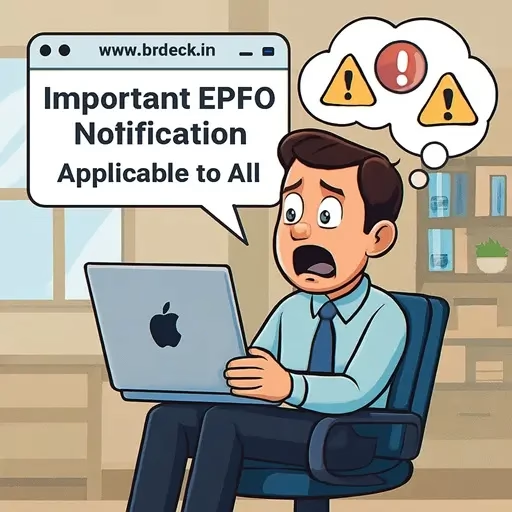In a collaborative environment, one of the greatest threats to workplace harmony is the theft of ideas. Idea theft occurs when someone takes credit for another person’s creative efforts, intentionally or unintentionally. This issue often arises in scenarios where managers claim credit for their team’s accomplishments. Left unaddressed, this behaviour can erode trust, harm productivity, and damage the company culture.
For any assistance in
HRMS, Payroll & Compliance Outsourcing, Tax Management or S&E Registration, do contact us.
We provide PAN India service.
Click here to get the Lowest QuotesThe Ripple Effect of Idea Theft
Imagine an employee dedicating weeks to developing an innovative marketing strategy. They present it to their manager, hoping for recognition. Instead, the manager presents the idea to executives as their own, neglecting to credit the employee.
The result? The employee feels undervalued and betrayed. This emotional setback can diminish their motivation to contribute in the future, ultimately affecting their performance and job satisfaction. Over time, such incidents can lead to a toxic workplace where employees hesitate to share their ideas.
Contrary to popular belief, idea theft isn’t always top-down. Peer-to-peer incidents are equally damaging. For instance, two colleagues might collaborate on a process improvement, but one claims sole credit during a meeting. Such situations breed resentment and discourage team collaboration.
Steps to Prevent Idea Theft
Empowering Employees to Address the Issue
When faced with idea theft, employees often find themselves at a loss. HR professionals can step in by providing training on how to handle such situations diplomatically. Employees should be encouraged to address the issue professionally by framing their contributions positively. Phrases like, “I’m glad our joint effort yielded results” or “I shared this idea in our previous meeting” can reclaim credit without creating conflict.
Using Technology for Transparency
Implementing tools that track individual contributions to projects can minimize disputes. Document management software with version histories can record who contributed what and when. These tools can provide definitive proof of ownership, ensuring transparency in collaborative efforts.
In cases where credit disputes arise, HR can encourage employees to document their concerns through emails or formal channels, fostering accountability.
Establishing Clear Policies
Creating and enforcing policies around intellectual contributions can deter idea theft. During onboarding, employees should be informed of their rights and responsibilities concerning intellectual property. Policies should emphasize the importance of ethical behaviour and provide a framework for addressing disputes.
For chronic offenders, HR can take disciplinary actions, reinforcing the zero-tolerance stance against such behaviour.
Shaping a Collaborative Culture
Workplace culture significantly influences behaviours like idea theft. Companies that reward aggressive competition may inadvertently encourage unethical practices. To counter this, HR can foster a culture of openness and mutual respect.
Promoting shared recognition, celebrating team achievements, and encouraging collaborative brainstorming sessions can shift the focus from individual accolades to collective success.
Moving Toward a Fairer Workplace
At its core, preventing idea theft is about valuing employee contributions and maintaining a transparent, respectful work environment. Employees who feel seen and heard are more likely to stay motivated and contribute to the company’s growth.
By training employees, leveraging technology, and fostering a supportive culture, HR can eliminate the roots of idea theft, ensuring a healthier, more productive workplace for all.
FAQs
What is idea theft in the workplace?
Idea theft occurs when someone claims credit for an idea or work they didn’t create. This is common in meetings or presentations where recognition is crucial.
How does idea theft impact a company?
Idea theft can demotivate employees, reduce creativity, and erode trust within teams. This can hinder overall productivity and harm workplace relationships.
What role does workplace culture play in preventing idea theft?
A collaborative and transparent culture discourages unethical behaviours like idea theft. Encouraging shared recognition and ethical practices helps build trust and morale among employees.
For any assistance in
HRMS, Payroll & Compliance Outsourcing, Tax Management or S&E Registration, do contact us.
We provide PAN India service.
Click here to get the Lowest Quotes




